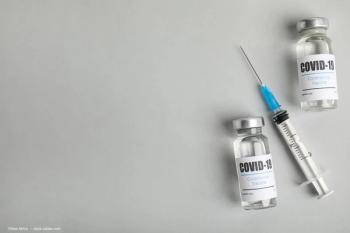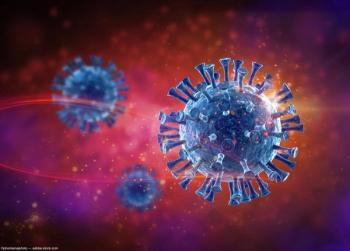
Study: Pfizer vaccine prevents hospitalization for COVID-19 infections for up to 6 months after 2 doses
According to investigators, the BNT162b2 (Pfizer–BioNTech) vaccine appears to be highly effective in preventing hospital admissions for up to about 6 months after vaccine recipients are fully vaccinated
The BNT162b2 (Pfizer–BioNTech) vaccine appears to be highly effective in preventing hospital admissions for up to about 6 months after vaccine recipients are fully vaccinated, despite the widespread Delta variant, according to a study1 by first author Sara Tartof, PhD, and colleagues from the Department of Research and Evaluation at Kaiser Permanente Southern California, Pasadena and Pfizer.
In a retrospective cohort study, the investigators analyzed the electronic health records of patients enrolled in Kaiser Permanente Southern California to assess the vaccine’s effectiveness against SARS-CoV-2 infections and COVID-19-related hospital admissions for up to 6 months.
The outcomes included polymerase chain reaction positive tests for and hospital admissions due to COVID-19.
Almost 3.5 million patients (median age, 45 years; 52% women) were included in this study during the period from December 14, 2020, to August 8, 2021.
“For fully vaccinated individuals, effectiveness against SARS-CoV-2 infections was 73% (95% [confidence interval] CI, 72–74) and against COVID-19-related hospital admissions was 90% (89–92),” according to investigators. “Effectiveness against infections declined from 88% (95% CI 86–89) during the first month after full vaccination to 47% (43–51) after 5 months.”
The results also showed that the vaccine effectiveness against infections caused by the Delta variant was 93% during the first month after full vaccination but decreased to 53% after 4 months.
The vaccine effectiveness against the other variants during the first month after full vaccination was 97% and decreased to 67% at 4 to 5 months after full vaccination.
“Vaccine effectiveness against hospital admissions for infections with the delta variant for all ages was high overall (93% [95% CI 84–96]) up to 6 months,” the investigators said.
According to investigators, the results provide support for the effectiveness of BNT162b2 against hospital admissions up until around 6 months after being fully vaccinated, even in the face of widespread dissemination of the Delta variant.
“Reduction in vaccine effectiveness against SARS-CoV-2 infections over time is probably primarily due to waning immunity with time rather than the delta variant escaping vaccine protection,” they wrote.
Tartof underscored the importance of monitoring vaccine effectiveness over time and suggest that booster doses will likely be needed to restore the initial high amounts of protection observed early in the vaccination program.
--
Reference
1. Tartof SY, Slezak JM, Fischer H, et al. Effectiveness of mRNA BNT162b2 COVID-19 vaccine up to 6 months in a large integrated health system in the USA: a retrospective cohort study. Lancet. Published: October 4, 2021; doi: https://doi.org/10.1016/S01406736(21)02183-8
Newsletter
Don’t miss out—get Ophthalmology Times updates on the latest clinical advancements and expert interviews, straight to your inbox.





























